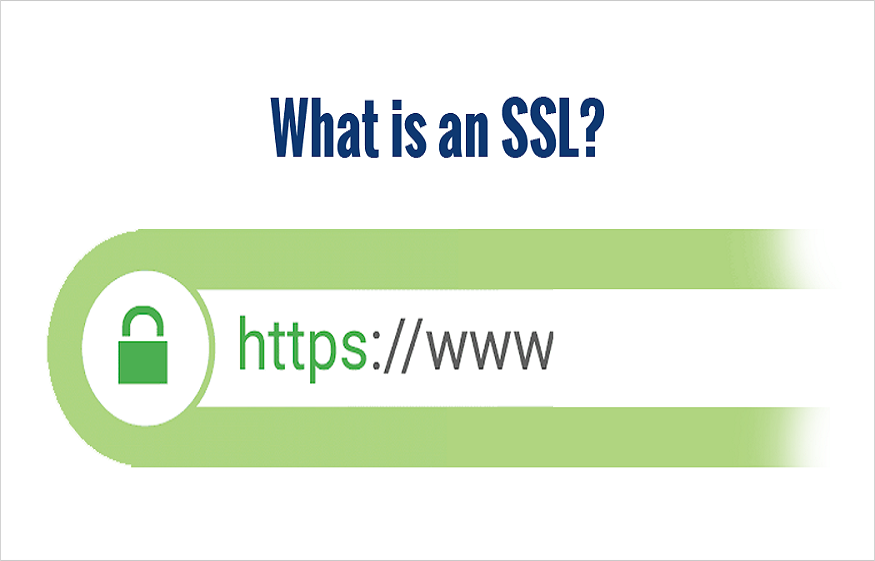When you think about launching a website, security is an aspect that you cannot ignore. In recent years, there has been a marked increase in the number of hacking attempts on websites. Even small sites are not safe.
While the providers offering hosting plans in India ensure that the server is secure, as a site owner, you need to ensure that the website does not have any vulnerability either. There is another way in which hackers gain access to confidential information – while the data is being transmitted between devices. This can be protected by installing an SSL certificate on your site.
In fact, a few years ago, Google announced that its browser, Chrome, will display a ‘Not Secure’ message for sites that do not have an SSL certificate. There are many certificate authorities offering SSL certificates in the market. Of these, a Comodo SSL Certificate is the most popular.
Types of SSL Certificates
There are three kinds of SSL certificates – DV or Domain Validation, OV or Organization Validation, and EV or Extended Validation. Each of these has a specific use. In this article, we will talk about Domain and Extended Validation SSL and look at the differences between them.
The following video explains the types of SSL certificates in detail:
What are the Types of SSL Certificate?
Domain validation & Extended Validation
As the name suggests, a Domain Validation SSL certificate validates the domain of your website. On the other hand, an Extended Validation SSL certificate verifies various aspects of the website.
Domain vs Extended Validation SSL certificates
| Features | Extended validation SSL | Domain validation SSL |
| Validation | Very strict | Very low |
| How does the verification take place? | All aspects of the organization are verified by the certificate authority. These include the name, address, ownership, and the legal existence of the business. | The only thing verified by the certificate authority is the ownership of the domain. |
| What documents are required for the certificate? | To get an EV SSL certificate, the site owner needs to submit documents that can help the certificate authority verify the ownership of the business, its legal existence, domain ownership, and other aspects pertaining to the business and website.
|
To get a DV SSL certificate for your website, you don’t need to submit any document. The certificate authority verifies the details via email. |
| How long does it take for the issuance of the certificate? | The certificate authority can take up to a few weeks from the date of the application to issue an EV SSL certificate. | Usually, the certificate authority issues a DV SSL certificate within a few hours of application. |
| Which certificate is costlier? | The certificate authority needs to verify several documents before issuing an EV SSL certificate. In the case of a DV SSL certificate, no such verification is done. Therefore, an EV is costlier than a DV SSL certificate. | |
| Website indicator | For websites that have an EV SSL certificate installed, the address bar is green with the name of the organization on it. This helps users know that the site has EV SSL security. | If your site has a DV SSL certificate installed, then your site will have an HTTPS connection and no other indicator. |
Summing Up
SSL certificates offer numerous benefits. There are many certificate authorities offering an SSL certificate in India. While an EV SSL certificate has the highest level of validation, not all sites need it. Hence, it is important to understand the kind of SSL protection your site needs before buying. Comodo is the most popular certificate authority in the world. Before you buy a Comodo SSL certificate, make sure that you look at all three types and choose the right fit. Good Luck!

